STORAGE
Mobile Media Final — By Juniper Foley
Welcome to the STORAGE webpage. This site hosts a web version of the game and provides documentation on its development. Play the game below, or if preferred, you may view a playthrough here.
PLAY
Controls
Left Click: Move / Interact
Right Click: Look / Investigate
Credits
Art / Story / Gameplay / Music: Juniper Foley
Additional SFX: Alfie Morris
Made with Unity Engine & PowerQuest by Powerhoof
BACKGROUND
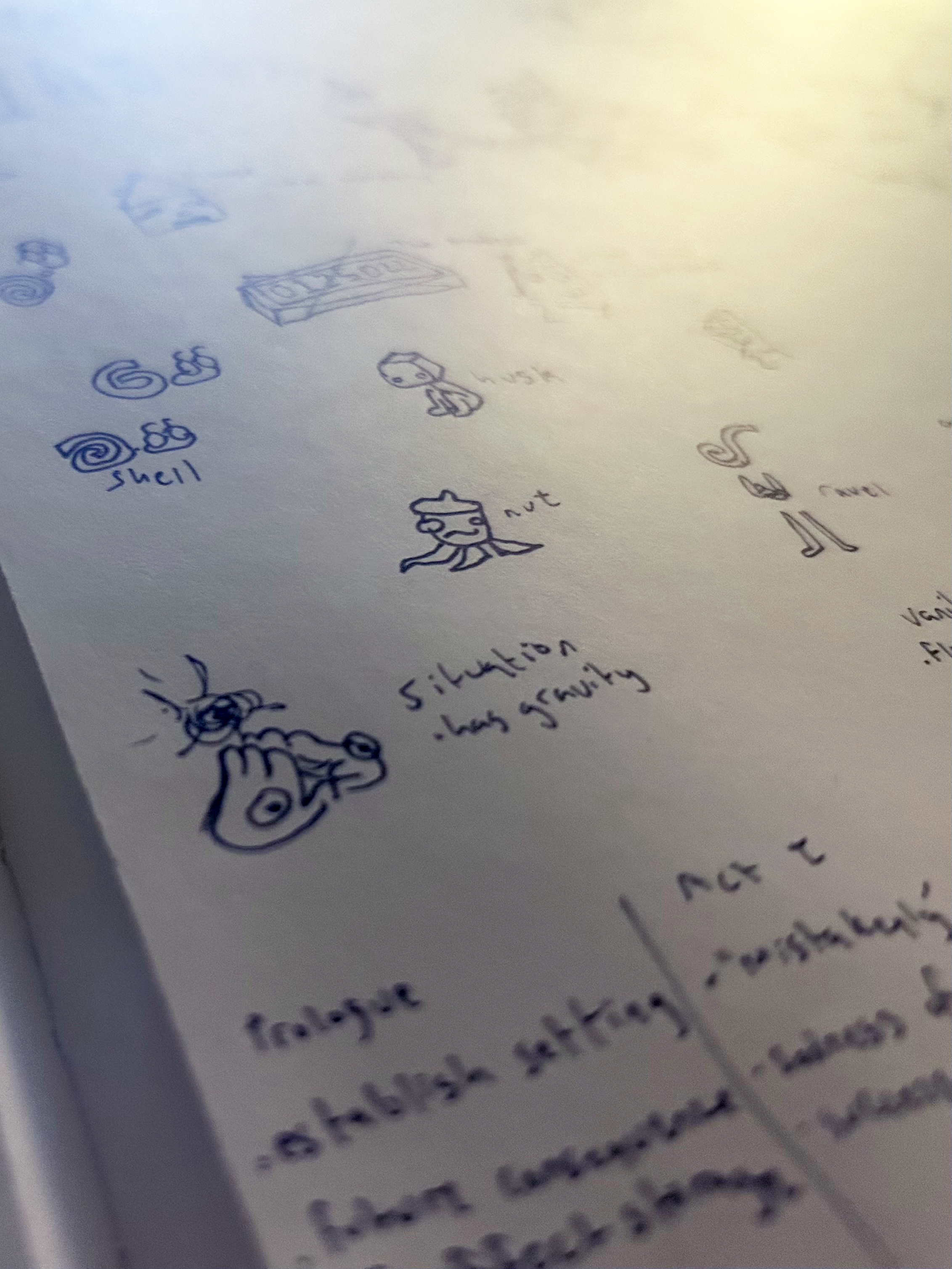
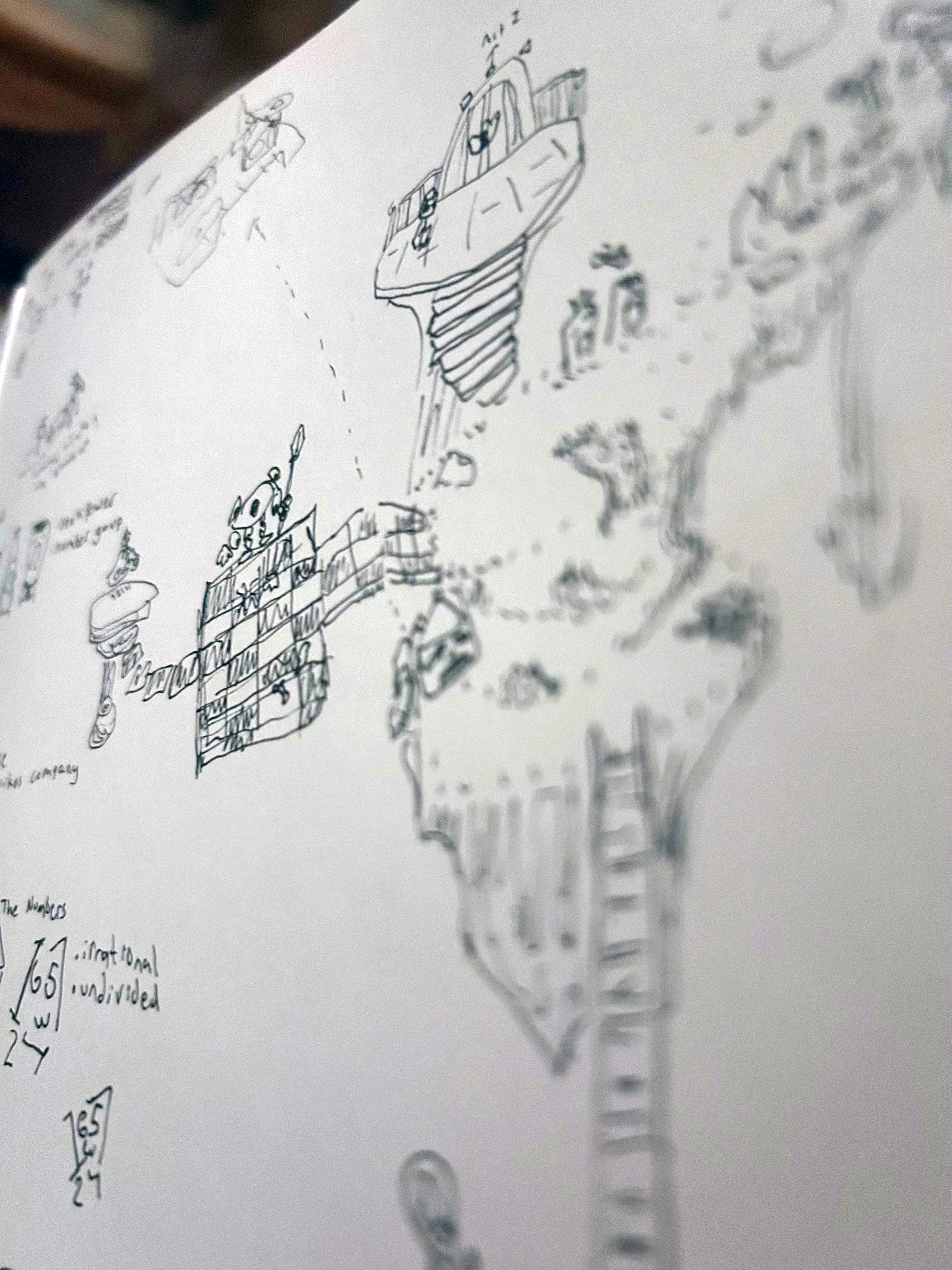
In the book Mobile Lives, authors Anthony Elliott and John Urry explore how modern mobility systems are changing the world.
Mobility, in this case, could refer to physical travel; but it can also refer to digital kinds of transportation.
Their book covers a wide range of issues, but this project narrows down onto a single one: Affect Storage.
Elliott & Urry introduce the concept of Affect Storage by returning to the beginnings of psychoanalysis, specifically
referencing the works of Melanie Klein. Klein contributed much to her field, but what's specifically relevant here is her influence
on object relations theory. This theory is centered around objects, anxiety, and the development of the self. In this case, objects
refer to figures which receives attachment — such as the mother or caregiver. In Elliott & Urry's words, "it is only through the
containment of anxiety, or so argue Kleinians, that basic trust in self and others can be developed and nourished."
The authors move forward in the timeline onto post-Kleinan thought, specifically referencing Wilfred Bion. When it comes to anxiety,
and containing it, Bion placed special importance on early (and positive) socialization to encourage the 'processing of emotion.'
Elliott & Urry sum up his relevant contribution below:
Indeed, it is only through immersion in the object world that the self can subsequently ‘attach meaning to experience’ in creative and open-ended ways. It is only in terms of the ‘processing’ of experience, the origin of the reflective self, that the individual comes to engage in that act which Bion calls ‘thinking’, as well as the storing of thoughts as memory.
— Mobile Lives, p38
What does 'object world' mean? It may be helpful to think like a baby. At a young enough age, there is no possibility
you could undertsand what a mother is. You will only experience senses of care, from a source that appears as a pattern. The
object world, in this case, refers to that personal, developing concept of reality.
But what does it mean to be 'immersed' in the object world? How is 'thinking' different than thinking? Bion is simply emphasizing
that contact with caregivers, or knowledge of these objects, is not sufficient for a meaningful experience. If the self processes
an interaction and reflects on the object, then perhaps the memory stays, or attachment forms.
The final stop in the author’s introduction is at Christopher Bollas, specifically his work from 'The Shadow of an Object.'
This book not only considers the possibility that non-humans may also serve as objects (in the psychological sense), but it also
originates the idea of preserving 'Affective states' within objects. But before we can get there, we first need to understand
how Bollas interprets the interplay between self and object.
The object world should be considered, in a sense, hallucinatory. Bollas makes a similar comparison, as pointed out by Elliott & Urry:
the processional integrity of any object – that which is inherent to any object when brought to life by an engaging subject – is used by the individual according to the laws of the dream work.
— Being a character, p60
There are no agreed upon laws of the dream work, and so Bollas asks we consider the processing of objects as subjective and profound.
The contradiction between reality and our personal object world is settled in what Bollas calls 'an intermediate space,' which hosts
a kind of dialectic within the self. According to him, this processing over time shapes who we are as people, and therefore the objects
in our lives inevitably leave some 'trace.'
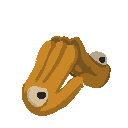
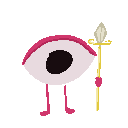

What is meant by the term ‘trace’ in this context? ... According to Bollas, the trace of any object lodged deep within the self has its roots in a web of affects, splittings, projective identifications, part–object relatedness and omnipotent thinking. Such psychic processes mark a structural boundary for the ‘self-holding’ of affective states, preserved, as it were, for future forms of thinking and symbolic elaboration.
— Mobile Lives, p39
In other words, Bollas makes an argument that since our internal object worlds play such a complex part in our development,
they inevitably play important roles in our future too. This persistence across time could be considered as a 'state.' But what
is an 'Affect' or 'affective state'?
According to the lecture notes: Affects, in this context, are the socio-psychological layer that constructs the emotional
dimension of subjectivity. In less succint terms, the processing of our object world undoubtedly has an emotional component, which
is influenced by our social and psychological operation. An 'affective state' would be defined as an affect that is invested
into objects and which could later be reclaimed through 'symbolic elaboration.'
The imprisoning of the self within the object world – in which thoughts and feelings are not experienced as symbolic elaborations, but as things-in-themselves – is theorized by Bollas as a point of affective closure. ... From this psychoanalytic standpoint, the creativity of self, which means the capacity to engage new experience as genuinely new, is closely tied to the openness of psychic life.
— Mobile Lives, p40
Elliott & Urry go on to give some examples which relate Affect Storage and mobile technology. Their longest is a story
about a woman named Sandra who is caught between 'her personal and technological lives.' How she chooses to engage with
her mobile technology sets her down a compromising path. This damaged relationship with her object is described as 'engulfment'
by Elliott & Urry. Their "claim is that digital technologies should be understood, at least in part, in relation to the
containment of anxiety and emotional conflicts of the self.” Their ultimate argument is that, "that digital life is increasingly
organized as deposits, storage and retrieval of Affect in and through miniaturized mobilities."
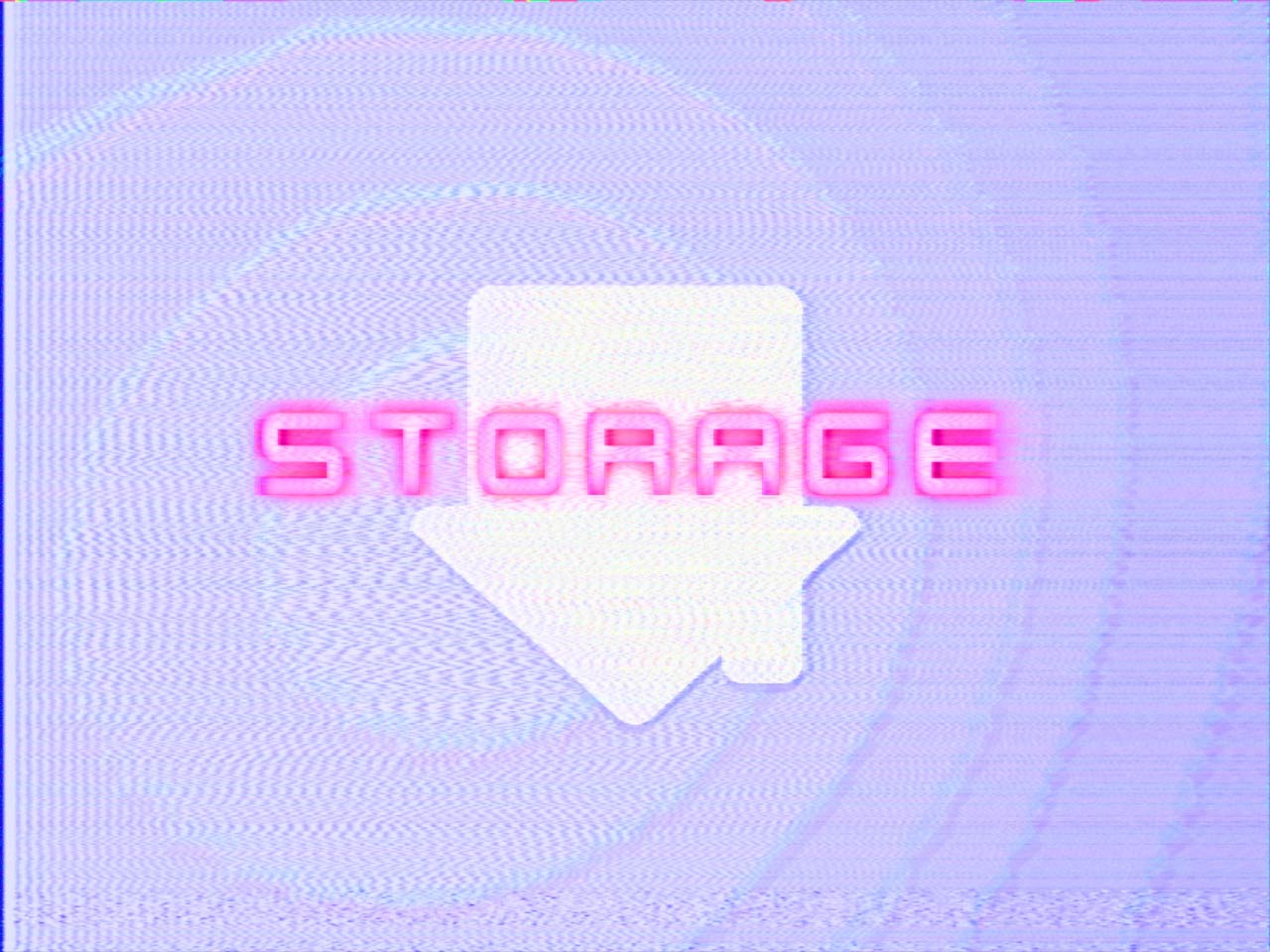
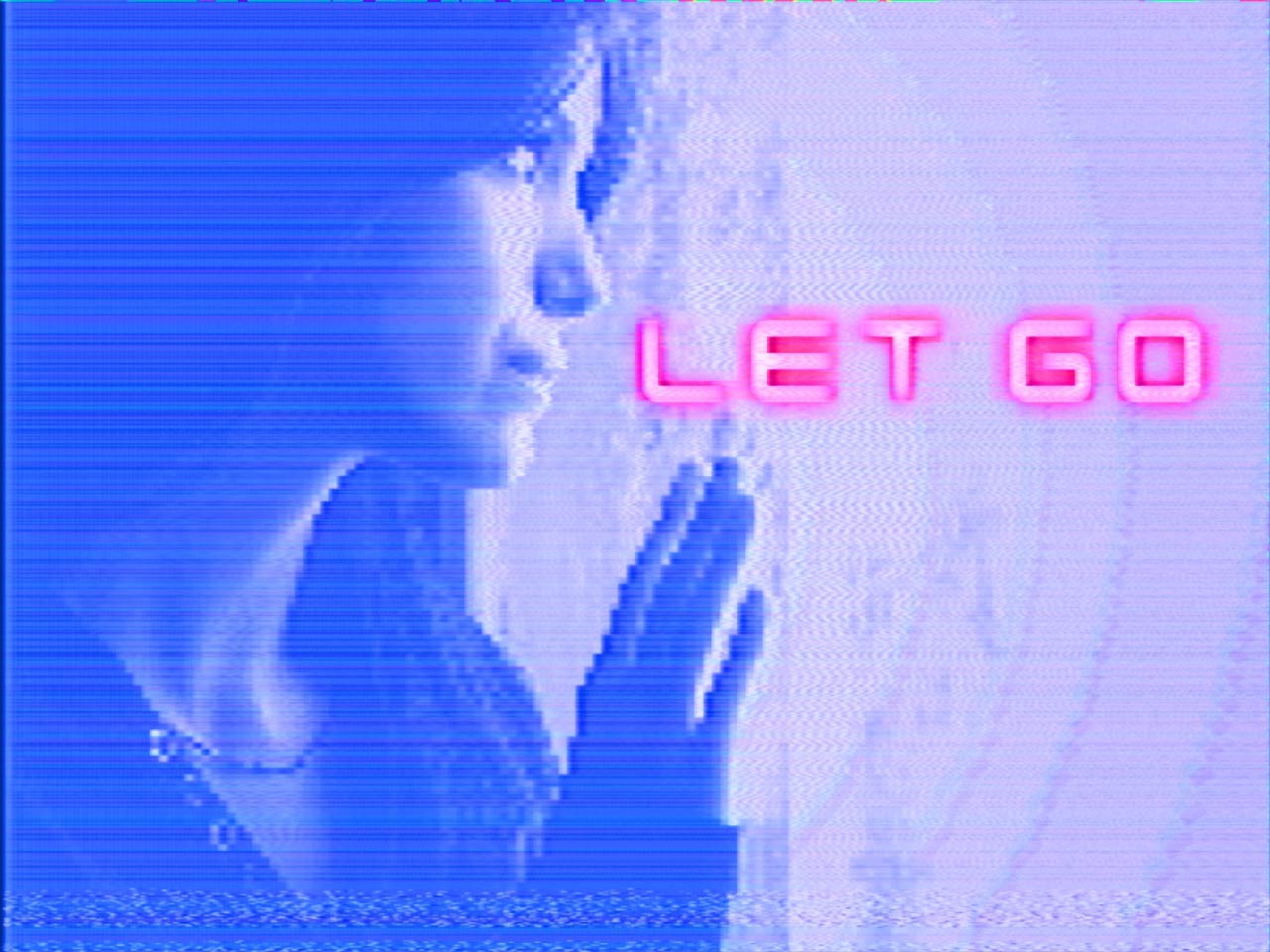
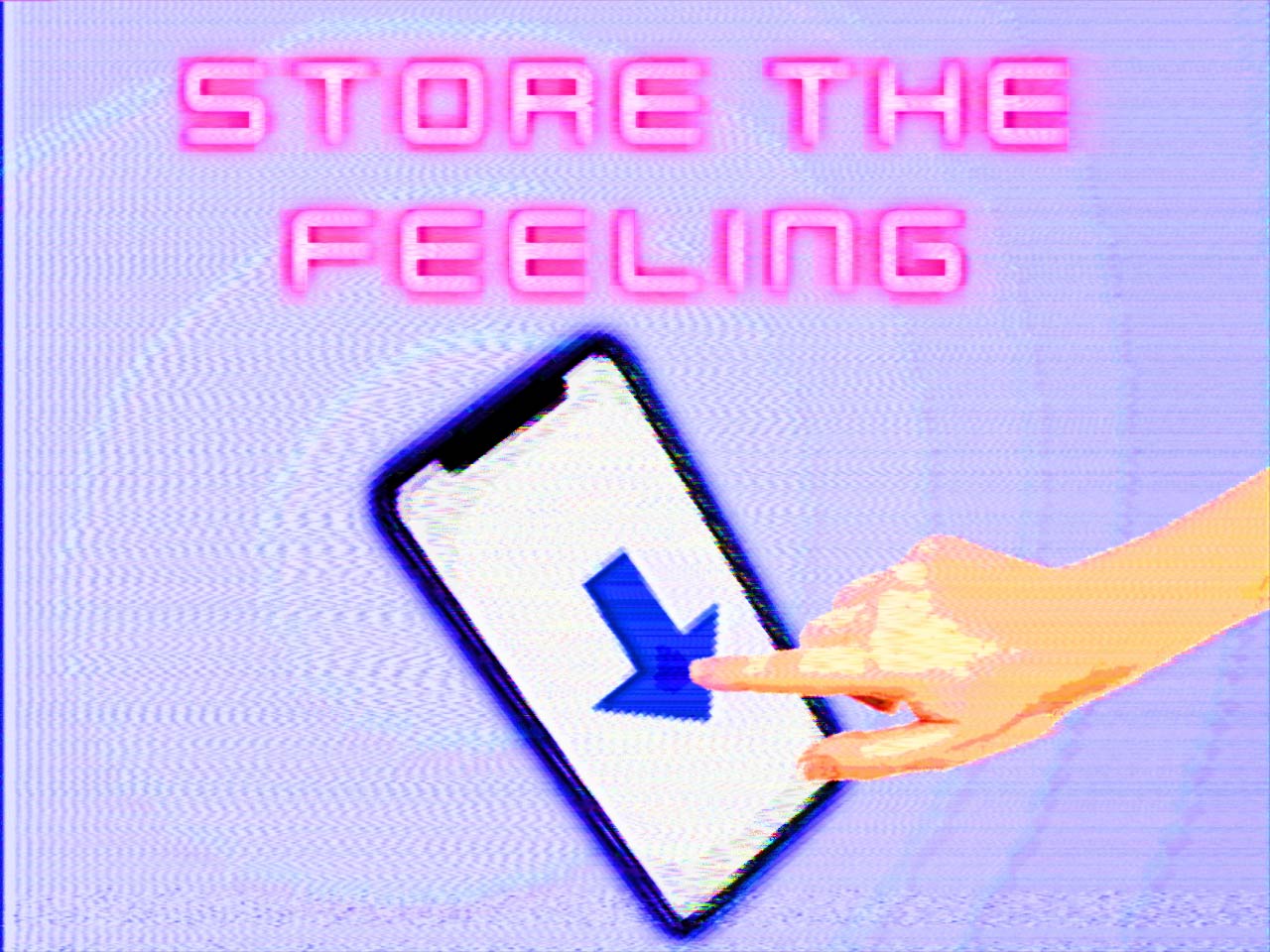
While I broadly agree with their argument, there is a major piece which limits our understanding of the relationship between the mobile object and the self. I argue that "deposit, storage, and retrieval" are somewhat problematic metaphors when used with digital technology, despite these terms' historical significance in psychoanalysis. I'm reminded of a passage in McLuhan's 'The Medium is the Message': "So the greatest of all reversals occured with electricity, that ended sequence by making things instant." Another example I can think of is that object relations theory was thought up only a few years before the first transistors were invented, and 40 years before parallel computing was invented. In other words, "deposit and retrieval" as a framework suggests a linear cause-and-effect in a euclidean space, which could obscure signs of more complex kinds of Affect Storage.
This project imagines a future object world where Affect can be more than stored. Whether this world is good or bad, meaningful or meaningless, is entirely subjective and up to the player. What I am interested in exploring is how digital, mobile technology encourages us to live multiple lives. It sometimes feels as though our objects can do more than store, or more than engulf, they can nourish or split. Our identities, fantasies, dreams, and nightmares can freely divide and multiply as much as we surrender them. If storage could be so complex, then what of deposit, or retrieval? What does this mean in a mobile world, or a static one? These are the questions that guided me through development.
DEVELOPMENT
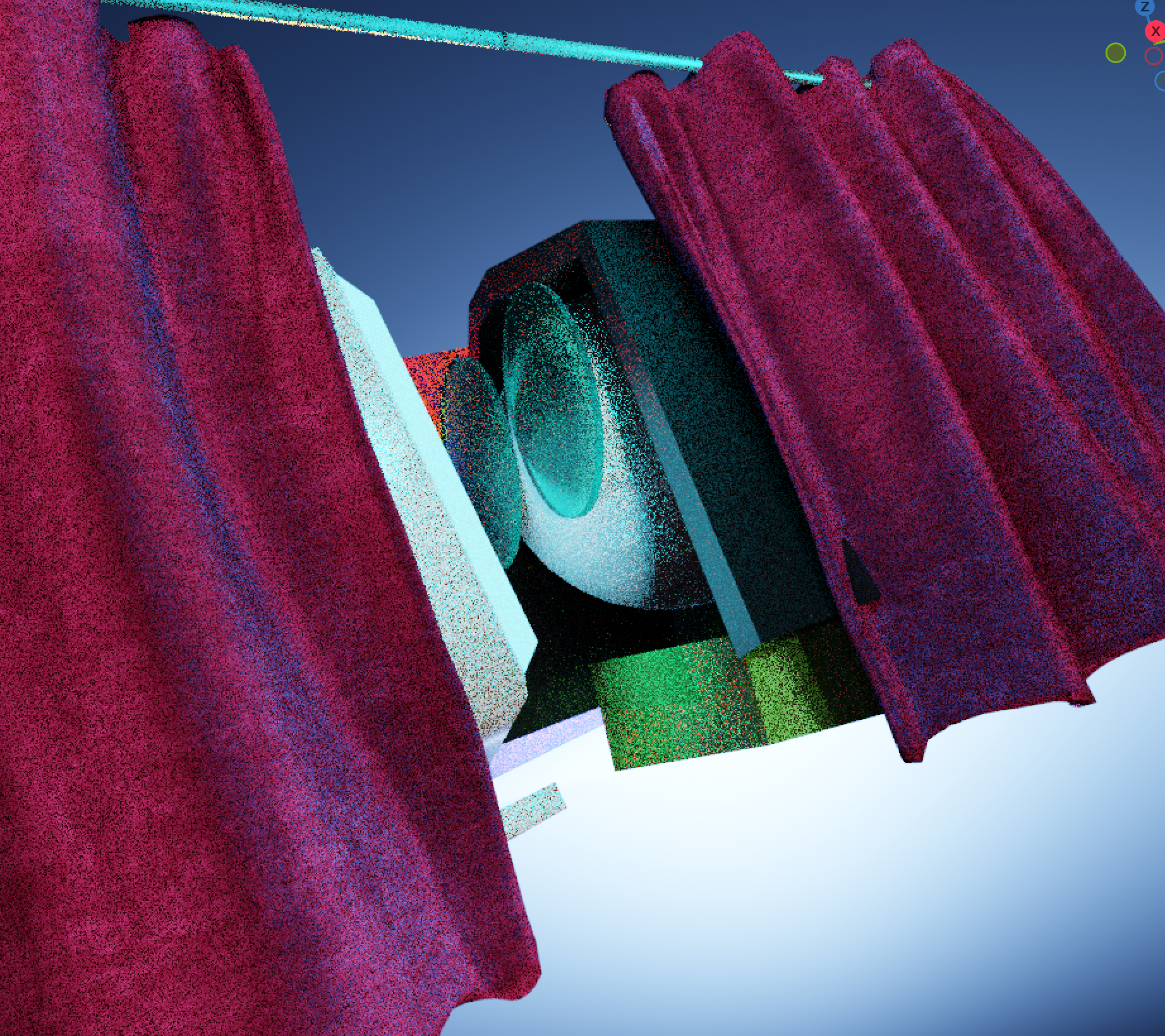
I wanted to include this short section on development of the game. Most character and room artwork came from initial drawings in
my sketchbook. From there, each character was hand drawn and animated in Procreate. My next step was modelling, lighting, and rendering
the room scenes. I've always been fond of 3D pre-rendered backgrounds (see Myst), and I thought they'd be especially amusing in a
2D game about dislocation. Fun fact: the textures for almost every 3D material were shot on my phone around my apartment!
With the artwork finished, I swiftly moved onto importing them into the engine and creating the room and character layers. Thankfully, the
PowerQuest add-on for Unity somewhat simplifies this task. After all the 'pieces were in place,' so to say, I was able to begin writing
the scripts and logic for the gameplay. This is the part of development I have the most fun with, since I get to experiment and
improvise a lot. After some initial playtests and edits, the game was ready to build! These two short paragraphs really simplify the
process, but it was a lot of fun, rewarding work!

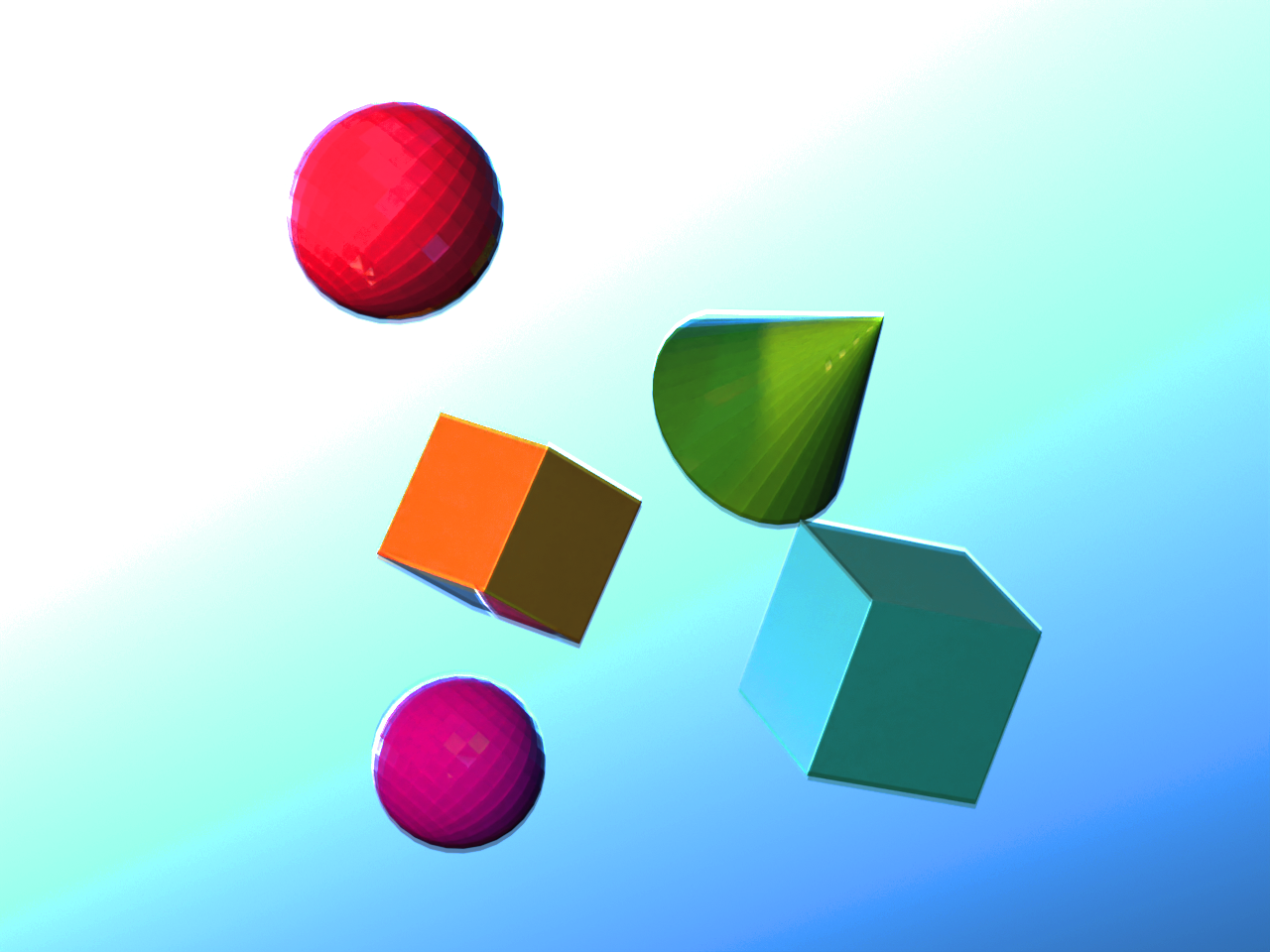

The very last thing I'd like to discuss is the writing, concept, and general connection to the research topic. I kept things fairly abstract and unspoken in the game - which is more to my taste - but I realize that in the context of a class I should explain a bit more. The game takes place some time in the future, after an app called STORAGE has been developed. STORAGE let's the user deposit a feeling, which they may later withdraw. This is an overtly literal take on what Affect Storage is, but the app's technological ability or success isn't relevant. Placebo would be sufficient, in the main character's case. What follows after she deposits her boredom is told in a non-linear way. The player is meant to think their character was absorbed, or transported, into the app and turned into an affect. By the end, they learn while that is technically true, they have actually been playing as a duplicate affect. The original boredom chose to multiply. The finale happens at the 'Window' - which could be seen as inside the phone, or as an 'intermediate place' between the object world and reality. When the original boredom chooses to 'Withdraw.' and is supposed to be re-absorbed into the main character, nothing seems to happen. Finally, the duplicate is faced with the same choice: to leave, or multiply.